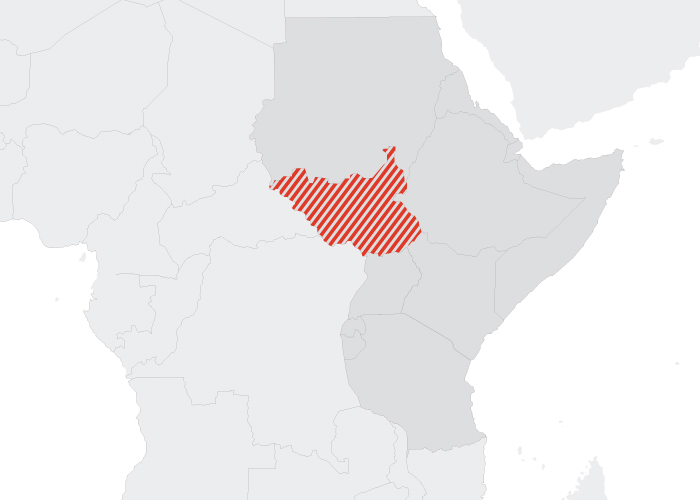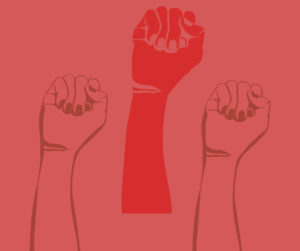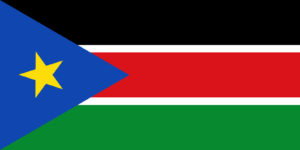Over the past six months in South Sudan, an increase in human rights violations has occurred amidst preparations for the first election in December 2024.
Over the past six months in South Sudan, an increase in human rights violations has occurred amidst preparations for the first election in December 2024. The country has witnessed persistent systematic repression, characterized by media censorship, targeting of journalists and activists, and widespread abuses by armed forces and militias. Civil society operated under severe constraints, and journalists and HRDs continue to face attacks, contributing to a climate of censorship and civic activity restriction. National Security Service (NSS) agents have been actively involved in media censorship and the arrest of political activists, further exacerbating the situation. The ongoing armed conflict has led to civilian casualties and mass displacement. Widespread sexual violence continues to be a serious issue. Furthermore, the recruitment and use of child soldiers emerged as significant concerns.
The information is based on our latest bi-annual report that can be found under our reports .



By adopting a resolution entitled “Advancing human rights in South Sudan,” the UN Human Rights Council ensured that international scrutiny of South Sudan’s human rights

Ahead of the UN Human Rights Council’s 55th session (HRC55, 26 February-5 April 2024), over 90 NGOs call on the Council to extend the mandate
Address:
Arie Towers
Plot 16, Mackinnon Road
Nakasero P.O. Box 70356,
Kampala, Uganda
General Phone Line:
+256-200-760-700 (General)
24/7 Emergency Phone Line: +256 707 020086